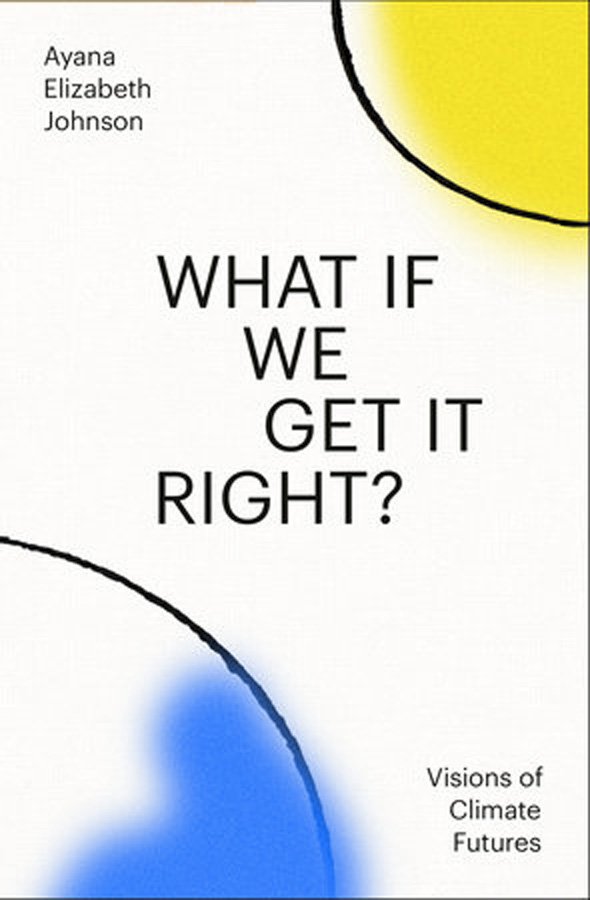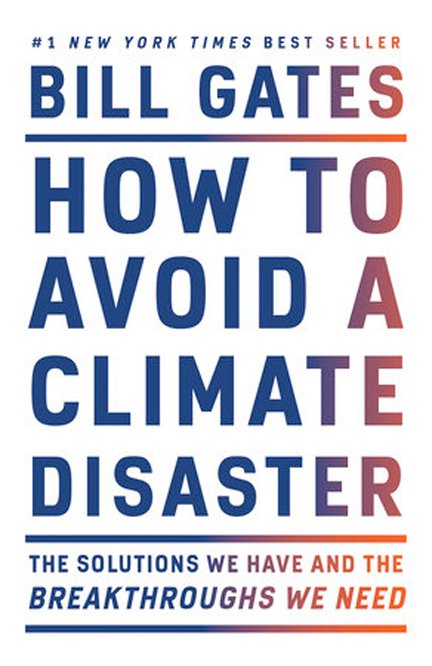Recommended Books
During our discussions at Climate Movie nights, PECA Presents speaker events, and board meetings, books worth reading are often recommended. Here is some of what we and our associates are reading (more will be added over time, so check back!):
The Weight of Nature: How a Changing Climate Changes our Brains by Clayton PageAldern (2024)
The march of climate change is stunning and vicious, with rising seas, extreme weather, and oppressive heat blanketing the globe. But its effects on our very brains constitute a public-health crisis that has gone largely unreported. Based on seven years of research, this book by the award-winning journalist and trained neuroscientist Clayton Page Aldern, synthesizes the emerging neuroscience, psychology, and behavioral economics of global warming and brain health. A masterpiece of literary journalism, this book shows readers how a changing environment is changing us today, from the inside out. Aldern calls it the weight of nature.
What If We Get It Right? Visions of Climate Futures by Ayana Elizabeth Johnson (2024)
Sometimes the bravest thing we can do while facing an existential crisis is imagine life on the other side. This provocative and joyous book maps an inspiring landscape of possible climate futures.
Through clear-eyed essays and vibrant conversations, infused with data, poetry, and art, Ayana Elizabeth Johnson guides us through solutions and possibilities at the nexus of science, policy, culture, and justice. Visionary farmers and financiers, architects and advocates, help us conjure a flourishing future, one worth the effort it will take—from every one of us, with whatever we have to offer—to create.
Life After Doom: Wisdom and Courage for a World Falling Apart by Brian McClaren (2024).
"In Life After Doom, Brian McLaren does what he does best: helps us hold the liminal space of hoping for a better world while grieving the one we have created today. In these pages, McLaren helps us name hard truths and ask questions that often feel exhausting to ask, and reminds us along the way that we are not alone in those questions."
―Kaitlin B Curtice, citizen of the Potawatomi Nation and award-winning author of Native, Living Resistance and Winter’s Gifts
"When I finished Life After Doom, I was overcome by a single unexpected response: gratitude. In these pages, Brian is pastor, teacher, therapist and prophet as he guides us through the multiple crises of our current situation. He challenges both debilitating despair and false hope to awaken our capacity to dream and act courageously for the future... You will thank him."
―Diana Butler Bass, author of Christianity After Religion
Not the End of the World: How We Can Be the First Generation to Build a Sustainable Planet by Hannah Ritchie (2024).
Feeling anxious, powerless, or confused about the future of our planet? This book will transform how you see our biggest environmental problems – and how we can solve them. Hannah Ritchie, a data scientist, presents an optimistic view of our potential to solve the climate crisis.
Take Heart, Take Action: The Transformative Power of Small Acts, Groups, and Gardens by Trathen Heckman (2023)
In Take Heart, Take Action, Trathen Heckman shares how to be a catalyst for significant positive change. In the face of overwhelmingly large challenges, Heckman’s lessons encourage you to discover the power of small acts. As founder of Daily Acts Organization, he has unique expertise in harnessing small acts and small groups to create big change. You’ll learn how to transform yourself, your garden, and your group as a pathway to transforming our communities and world.
How to Avoid a Climate Disaster: The Solutions We Have and the Breakthroughs We Need by Bill Gates (2021).
This book presents the climate impact of each human activity (use of power, making things, moving around) along with its contribution to the 51 billion tons of Greenhouse Gases (GHGs) emitted annually. It goes on to provide technical detail and insight into a balanced approach to moving forward with both policy and technical actions, and could be used as a road map for aggressive coordinated actions to control man-made climate change.
The Good Ancestor, A Radical prescription for Long-term Thinking by Roman Krznaric (2020).
From leading philosopher Roman Krznaric, this book is an urgent call to save ourselves and our planet by getting to the root of the current crisis—society’s extreme short-sightedness. In The Good Ancestor, Krznaric reveals six practical ways we can retrain our brains to think of the long view. His aim is to inspire more “time rebels” like Greta Thunberg―to shift our allegiance from this generation to all humanity ― to battle myopic thinking on behalf of our descendants and the world they inherit.
The Desert Underground by Robin Kobaly (2019).
One point of this book is that solar farms should be located on already disturbed land. Like the meridian along highways. Not on virgin desert which is itself a carbon sink which has been working for thousands of years. When we replace that desert with a solar farm we get 25 years of solar energy but we lose thousands of years of future carbon sequestration. You can also read a short article by Robin Kobaly related to this topic: The Desert Under Our Feet
Drawdown: The Most Comprehensive Plan Ever Proposed to Reverse Global Warming edited by Pawl Hawken (2017).
The book is an excellent compendium of all things bearing on the climate crisis and the value of potential solutions. The solutions given to reverse climate change are substantive and based on meticulous research by leading scientists and policymakers around the world.
The Merchants of Doubt: How a Handfull of Scientists Obscured the Truth on Issues from Tobacco Smoke to Global Warming by Naomi Oreskes and Erik Conway (2011).
This book, written by historians, explains how a loose–knit group of high-level scientists, with extensive political connections, ran effective campaigns to mislead the public and deny well-established scientific knowledge for over four decades.










